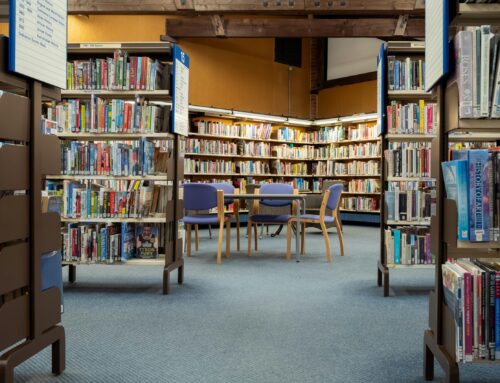 I recently read an article in our local newspaper (yes – I still get the print version) about a teacher in a local high school who uses alternative assessment in her classroom. Betsy Sidor’s American Studies class at Upper Arlington High School outside of Columbus, Ohio, was arguing about the U.S.’s policy in Afghanistan. The students’ sound arguments came from research they had done, and the passion with which they presented their arguments showed the teacher they were completely engaged in the material. This was an opportunity to show an understanding of content that went beyond a paper-and-pencil test. The article (http://www.dispatch.com/live/content/local_news/stories/2010/02/01/alternative_testing.ART_ART_02-01-10_B1_BCGFEHU.html?sid=101) went on to discuss the value of both alternative assessment and more traditional tests of rote memorization. Those interviewed seemed to agree that it doesn’t need to be an either/or situation. Alternative assessment and traditional assessments that test memorization both seem to have a place in the classroom.
I recently read an article in our local newspaper (yes – I still get the print version) about a teacher in a local high school who uses alternative assessment in her classroom. Betsy Sidor’s American Studies class at Upper Arlington High School outside of Columbus, Ohio, was arguing about the U.S.’s policy in Afghanistan. The students’ sound arguments came from research they had done, and the passion with which they presented their arguments showed the teacher they were completely engaged in the material. This was an opportunity to show an understanding of content that went beyond a paper-and-pencil test. The article (http://www.dispatch.com/live/content/local_news/stories/2010/02/01/alternative_testing.ART_ART_02-01-10_B1_BCGFEHU.html?sid=101) went on to discuss the value of both alternative assessment and more traditional tests of rote memorization. Those interviewed seemed to agree that it doesn’t need to be an either/or situation. Alternative assessment and traditional assessments that test memorization both seem to have a place in the classroom.
I went online to see the same article, in hopes of seeing some reader comments. I was not disappointed.
One commented: “Government schools are doing Outcome Based Education. The Feds are dictating it. And the kid are being trained to conform to the values of the government. They are made to be politically correct…The parents are so clueless.” (Whoa! I’m not sure if this reader is arguing for or against alternative assessment.)
Another said: “The very expensive standardized tests forced upon schools rely on rote memorization because it makes them much easier and cheaper to grade.” (Probably not the most sound argument in favor of alternative assessment.)
“This is outstanding!” commented another. “Real world problems are not solved by choosing A, B or C. If there were only one correct answer, life would be simple.” (A good lesson both in and out of the classroom.)
And another said in response to a reader’s comment: “Yet another example of either/or thinking that gets in the way of the education process.”
I suspect most of us in the education field would agree with the last comment and see value in both types of testing. Face it – kids have to know their multiplication facts before they can solve word problems, and they need to have a knowledge of people, places, and dates before they can understand the significance of an historical event.
If you’re developing assessment of any kind, contact us at Publishing Solutions Group. We’ll help you find the right answers: Choose P, S and G.




